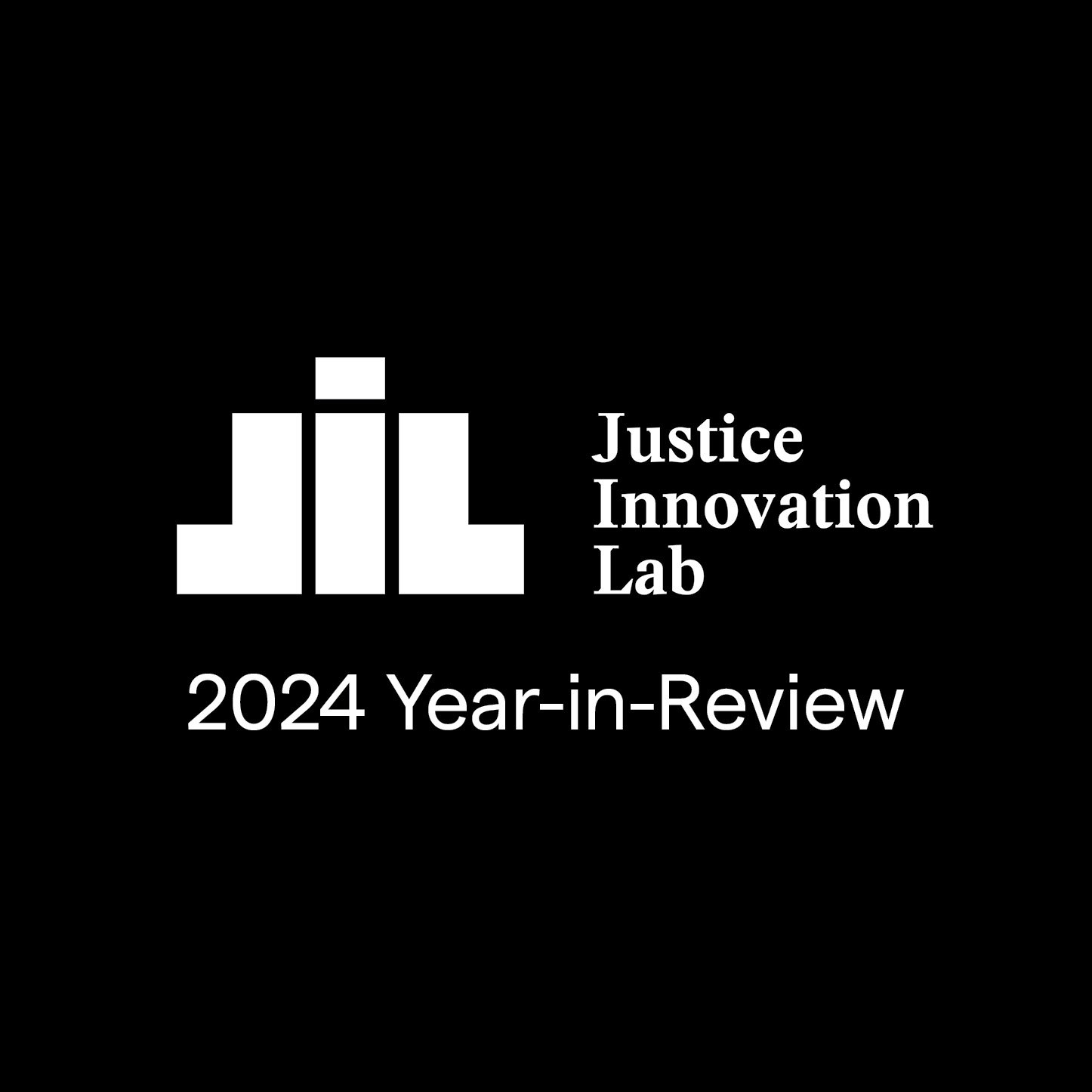‘Case for screening’ report identifies ways prosecutors can reduce impact of disparate arrest rates
By Kelli L. Ross
No matter how equally prosecutors treat people, racial inequalities in policing will lead to inequalities in who is charged, convicted, and incarcerated. Data analysis shows disproportionate rates of arrest for Black individuals in Charleston and Berkeley Counties, South Carolina, that cannot be explained by different rates of criminal conduct alone, particularly with regard to drug charges.
Today, Justice Innovation Lab (JIL), after analyzing data provided by the Ninth Circuit Solicitor’s Office in Charleston, South Carolina (SOL9), released its findings in The Case for Screening report. JIL and SOL9 worked together to analyze case trends and develop a data-informed approach to improving outcomes through prosecutorial screening. This report summarizes major findings from JIL’s analyses, discusses results from a pilot screening process, and provides recommendations for future case screening work. It, along with subsequent data analysis, builds on the findings in the Disparity and Prosecution in Charleston, SC report, which was published in September 2021 by JIL, SOL9, and Prosecutorial Performance Indicators.
“Now more than ever, efficiently marshaling resources is paramount. Using data analysis helps us more effectively use court time for fair and just results,” said Ninth Circuit Solicitor Scarlett Wilson.
Unlike some other states, South Carolina does not require that prosecutors approve or vet law enforcement warrants. Recognizing the impact that a prosecutor’s review of warrants at intake could have, the State’s 16 Solicitors have requested State funding so that each of their offices can develop and maintain Early Assessment Programs for incoming warrants. Case screening is a tool that helps prosecutors make just decisions while reducing case disposition times, and allowing more resources to be focused on cases with the greatest impact to public safety. Timely dismissals of cases that are not viable or worthy of valuable court time reduce the negative impact of prolonged disposition times. Early dismissals of weak cases can improve public safety by allowing prosecutors to prioritize the most serious and more violent charges.
“A screening process that includes alternatives to prosecution can help the office more quickly direct arrestees to appropriate services more likely to alleviate root causes of crime,” said Jared Fishman, JIL Founding Executive Director. “Ultimately, case screening should lead to quick removal of weak cases and reduce incarceration for non-violent offenders.”
Together, JIL and SOL9 identified opportunities for prosecutors to reduce the impact of disparate arrest rates through analyses of SOL9 General Sessions cases (Charleston and Berkeley Counties) from 2015-2021, involving those identified by the arresting agency as Black or white and male or female.
Key Findings:
As of June 30, 2022, there were 13,592 total undisposed General Sessions Court cases under the purview of SOL9, with 57% of cases being open longer than one year and 28% being open longer than two years. Without intervention, it is predicted that it will take over six years to clear the current case backlog.
Historically, approximately 23% of defendants had at least one non-prosecutable case closed for reasons that could be identified at charge referral.
The most common reason for full case dismissal by SOL9 is lack of sufficient evidence, with over twice as many case dismissals as the next common dismissal reason.
On average, historically, it has taken over six weeks (44 days) longer for Black men to have their case dismissed relative to white men.
With no screening apparatus in place, arrestees with no prior pending arrests or subsequent arrests while awaiting disposition, Black people wait an average of 67 days longer than white people for non-prosecutable case dismissal of a drug charge (262 vs. 195 days).
Charges against Black arrestees are dismissed for insufficient evidence twice as often than for white arrestees (2,480 vs. 1,139 charges). Across all types of dismissal justifications, dismissals for Black arrestees were more common than for white arrestees.
The Charleston Police Department (CPD) approached SOL9 about creating a Case Screening pilot program, which was implemented in May 2021.
Upon review of a case, prosecutors may dismiss a case for a host of reasons, including: 1) insufficient evidence to prove the charges beyond a reasonable doubt; 2) legal issues with the arrest such as pretextual stops; or 3) delays in receiving information such that the case becomes stale. Some of these issues can be assessed upon review of police reports, but with the status quo, prosecutors do not immediately review reports due to their large caseloads and court demands. Devoting an attorney to an initial review of reports for lower-level, non-violent charges speeds up the resolution for cases that ultimately will be dismissed.
Initial data indicates that screening can identify cases that should be removed from the criminal legal system. From the pool of lower-level, nonviolent charges, screening resulted in increased identification of warrants that should be dismissed or receive an alternative to prosecution, particularly for drug charges. In a pilot case screening, the median time to charge disposition is 221 days, and 28.5% of all charges were identified for dismissal.
Prolonged incarceration for low-level, nonviolent offenses imposes significant costs to the jurisdiction, both monetarily and societally. Appropriately charging individuals and maximizing alternatives to prosecution will reduce these costs and focus resources on addressing the most serious and violent crimes while freeing up resources to better address the root causes of non-violent crime.



